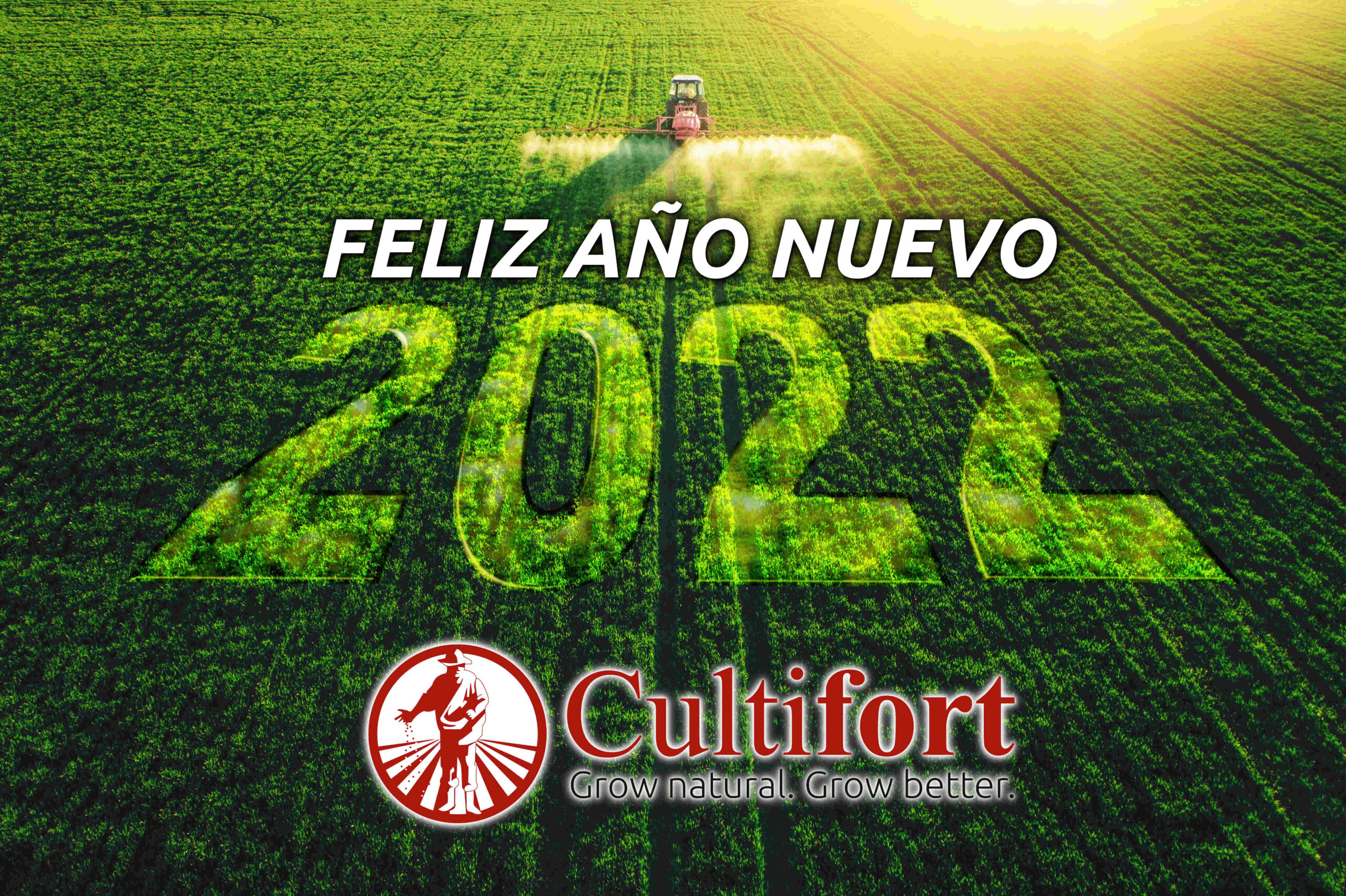If we had to take stock of the year 2021 and sum it up in one word, we would say “bittersweet”. We did not start the year on the right foot due to the health crisis caused by COVID-19, which hit our country with its third “wave”, accentuated by family Christmas gatherings and which did not cease until mid-February.
As far as the agricultural sector is concerned, the first days of the year were not good either, suffering the scourge of the storm Filomena, with gusts of more than 100 km / h in the Canary Islands and of up to 80 km / h in coastal areas of the peninsula, where Malaga got the worst of it with severe flooding. On the other hand, in areas of the interior of the peninsula and at high elevations, snowfalls of up to 60 cm occurred, affecting not only areas of cultivation and livestock, but also infrastructures.
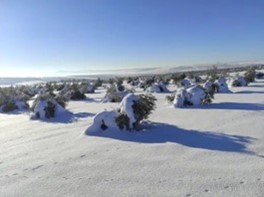
Despite the circumstances, our primary sector once again demonstrated its unity, its strength and its capacity for recovery and, when it seemed that everything was definitely on track to face the second half of the year with optimism, a historic and unprecedented energy crisis returned to hit our country vertically, affecting from the small consumer to the productive sector. The agricultural and livestock sector has not only had to face high energy costs that have not yet stopped growing, but also discrimination by consumption time slots that have made the maintenance of many farms unfeasible, condemned to productive failure.
But not only have the energy costs of our farmers increased. As if that were not enough, the shortage of raw materials have affected their price.

This has turned the manufacture, sale and commercialization of agricultural inputs into a scenario of total uncertainty, fear and mistrust, to be able to face the next agricultural production campaigns.
At Cultifort we wanted to do our bit and demonstrate our support for the sector, maintaining the same rates throughout the year and not increasing the price of any of our products. We have achieved overcoming a year full of adversities and, we have done it thanks to you, customers and farmers, who have once again demonstrated your confidence in Cultifort’s nutritional solutions and in our human team. We thank you with all our hearts.
But in our annual review, we can’t just take the bad news. We have continued to produce our traditional Cultinews on time and on a monthly basis, reviewing different crops and key moments of them in order to make some recommendations that improve the competitiveness of farms and the quality of the harvests.
We started the year 2021 focusing on the cultivation of berries, specifically strawberries, preparing a publication on How to achieve optimal strawberry ripening ?. The first strawberries can reach the market at the end of the year, although the productive importance of the sector reaches its maximum from the months of February, lasting until June.
The next important event in the agricultural calendar is the flowering of many species of woody crops, so we wanted to address the subject by focusing on the processes of flowering, pollination and fruit set of species of fruit, citrus and other woody crops.

During the final stretch of winter, a visually impressive event takes place, the flowering of the cherry trees. Cultifort traveled to the Jerte Valley to be interested in the demand of the sector and to be able to offer solutions as exclusive as FASKOLOR, transferring our knowledge and experience in crop management to distributors and farmers in the area in order to advance and homogenize maturation, reducing harvest passes and increasing the farmer’s profit margin.
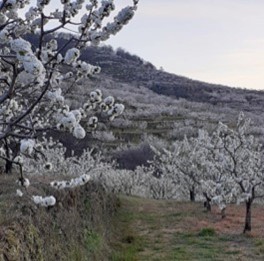
Related to our innovative R&D line “Natural Defensive Biotechnology”, we discussed the importance of complementary tools for the prevention of diseases in crops and we made specials on the Prevention of diseases in sweet potatoes and cauliflower. On the other hand, we reinforce the importance of these Cultinews with a series of Recommendations for spring-summer crops, on the one hand, and autumn-winter, on the other
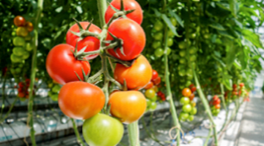
As every year, we do not forget a crop that makes us world leaders, the olive grove, and we wanted to review the main aspects of pre-flowering treatments, in addition to indicating a series of recommendations on How to get an early harvest EVOO from high quality.
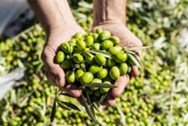
Another of our crops par excellence is citrus, which we could not forget either, remembering how important nutrition is during the ripening season. The use of FERKOLOR favors obtaining a better quality of the fruits, with more sugar, better coloring and greater firmness.
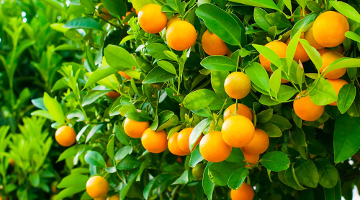
We draw up a series of Recommendations on the cultivation of Hemp, where we deal not only with agronomic aspects, but also a series of doubts and legal considerations, which could be useful when making the decision to cultivate Cannabis sativa spp. Sativa.
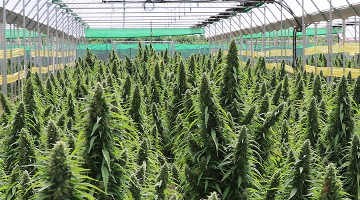
Not even the heat of summer could with us, thanks to our recommendation on the efficient use of irrigation water and the dissemination we made about the Importance of Silicon in agriculture. Our clients managed to prevent and protect their crops from sun hits and excessive perspiration, with the consequent water stress that this would have entailed, thanks to the use of CULTISILK. But the summer season not only brought heat, it also brought large and good harvests of tomatoes and peppers, especially those of those farmers who used FASKOLOR to advance the ripening of their fruits.

In addition to all these Cultinews, we have taken time to collaborate with magazines such as fh Almería, collaborating in its Agricultural Yearbook and preparing several informative articles throughout the year, among them: Prevention of pathogens in tomato; Clean and healthy soil disinfection; Spain, leader of Ecological Agriculture in Europe and Health and profitability of the ecological cultivation of zucchini.
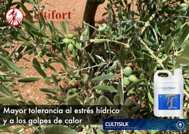
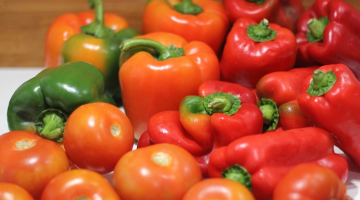
In our Culticonsejos (Cultitips) section, we have the recommendations of an expert in viticulture, Tobías Cantó Jover, Agricultural Technical Engineer and Technical Manager of the Santa Magdalena de Novelda Cooperative, who indicated some tools, characteristics and key points to carry out the pruning of the vine.
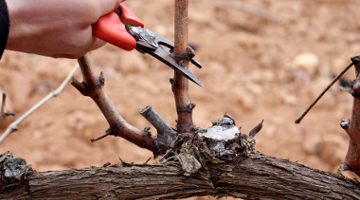
Shortly before the start of the campaign in Almería and with the help of our Partner in the province, Grupo Tecniagro, we drew up a strategy for disinfection of soils prior to sowing, motivated by restrictions on the use of chemical disinfectants.
We also rescued some of our previous Crop Tips, including the importance of post-harvest fertilization and its key points.

Regarding the Webinars, this year they have been more specific and exclusive, issuing only one nationally, focused on the nutritional management of Citrus Flowering and Fruit Set, and four internationally: two dedicated to our Partner in Ecuador , on Management of flowering and fruit set in avocado and on Nutritional alternatives for the cultivation of roses; another at the request of our Partner in Romania, on Nutritional management of: wheat, barley, corn and sunflower; and the most recent and latest, for our Partner in Chile, on FASKOLOR Management in cherry trees and table grapes.

In the next year 2022, from Cultifort we commit to continue working and supporting the sector, offering the best nutritional solutions, with the maximum guarantee of quality and, accompanying our farmers and clients with what makes us great, our human team.
One more year, we will continue working for and for a quality, competitive and sustainable agriculture, putting in value our knowledge and our technical service.
